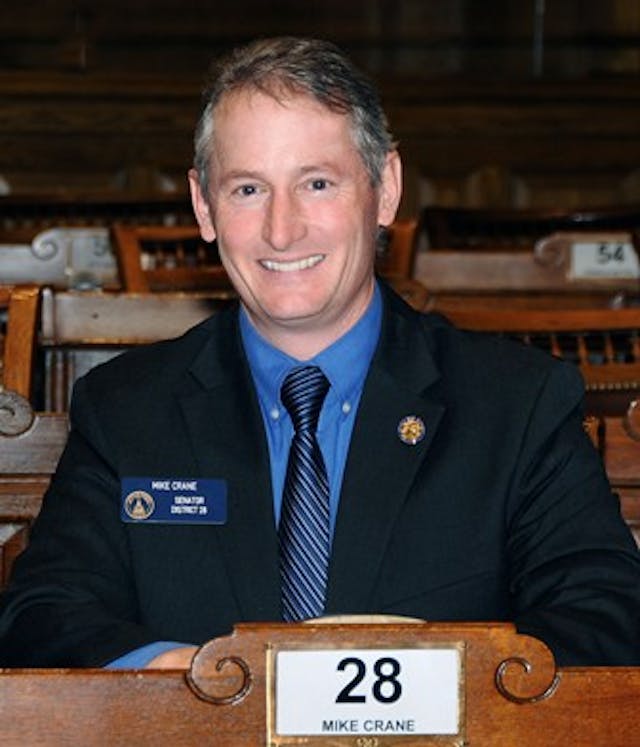
Analysis
Disability rights groups file lawsuit to stop Delaware assisted suicide law
Angeline Tan
·
Georgia DCH votes to halt taxpayer funding of employee abortions
Last week saw a significant victory for the pro-life movement in Georgia as Governor Nathan Deal worked with the Department of Community Health to vote to restrict state employee insurance policies from covering abortions. State employees currently receive abortion coverage in their insurance package, approximately 75% of which is paid for with taxpayer funds. The changes would ban elective abortion coverage for the roughly 650,000 people covered by the State Health Benefit Plan. The number covered includes current employees, retirees, and dependents.
The Atlanta Journal-Constitution reported that the Department of Community Health voted 5-3 on a health care plan design that would restrict state employee insurance policies from covering these abortions. The policy change was backed by Governor Deal after lawmakers failed to pass similar legislation for the last two years.
The number of state employees taking advantage of the abortion services has been on the decline in recent years, but this policy would halt it altogether for the time being. Some 549 patients under the state plan sought abortions in fiscal year 2009, costing $343,728 in state taxpayer money, and 447 sought abortions in 2010. In 2011, 366 surgical abortions and 47 medical abortions were performed for state employees. The total cost that year was nearly $223,000, the majority of which involved taxpayer funds.
For the last two years, State Senator Mike Crane (R-Newnan) has fought for legislation to remove abortion coverage from state employee insurance plans. “We have protected the life of a fish,” Crane said. “I expect the same for the life of the unborn.”
Senator Crane’s legislation is still needed. While the vote from the Department of Community Health is a significant act that stops state taxpayers from being forced to finance abortion services for state employees, the measure can just as easily be undone by a future administration unless legislation is passed to make this policy permanent.
Article continues below
Dear Reader,
Have you ever wanted to share the miracle of human development with little ones? Live Action is proud to present the "Baby Olivia" board book, which presents the content of Live Action's "Baby Olivia" fetal development video in a fun, new format. It's perfect for helping little minds understand the complex and beautiful process of human development in the womb.
Receive our brand new Baby Olivia board book when you give a one-time gift of $30 or more (or begin a new monthly gift of $15 or more).
Under the Georgia State Constitution, the Board of Regents alone have jurisdiction over state employees in the higher educational system, which the Georgia General Assembly cannot touch apart from a state constitutional amendment. This means that a simple statute passed by the state legislature would be capable of permanently banning state-funded abortions services for every state agency except those under the university system of the state. The Department of Community Health’s vote as an agency of the state executive branch appears to at least have the benefit of including the university system as well in its policy scope.
Governor Deal said this ensures “that state taxpayers aren’t paying for a procedure that many find morally objectionable.”
Georgia Right to Life (GRTL) issued a press release praising the governor for taking this action. “I am deeply grateful to the Governor for his follow through on this important issue,” said Dan Becker, GRTL President. “His willingness to stand up for innocent life should serve as an example to others in Georgia[‘s] government.”

Had it not been for State Senator Crane bringing this issue to the forefront of the public debate in the Georgia General Assembly, it might not have ever come to the attention of Governor Deal and the people of Georgia. His legislation twice passed the Republican-controlled State Senate but was halted in the also Republican-controlled House of Representatives, which is dominated by Georgia Speaker David Ralston (R-Blue Ridge). Lobbying groups from the health care industry have been among the three largest contributors to Speaker Ralston since he became speaker in 2010, giving over $131,000 to his his personal re-election campaign.
Most other states have some kind of abortion subsidy for their state employees. Check with your state legislators to find out if your state is using your taxpayer funds to pay for other people’s abortions.
Live Action News is pro-life news and commentary from a pro-life perspective.
Contact editor@liveaction.org for questions, corrections, or if you are seeking permission to reprint any Live Action News content.
Guest Articles: To submit a guest article to Live Action News, email editor@liveaction.org with an attached Word document of 800-1000 words. Please also attach any photos relevant to your submission if applicable. If your submission is accepted for publication, you will be notified within three weeks. Guest articles are not compensated (see our Open License Agreement). Thank you for your interest in Live Action News!

Analysis
Angeline Tan
·
Politics
Bridget Sielicki
·
Politics
Mark Wiltz
·
Issues
Bridget Sielicki
·
International
Angeline Tan
·
Politics
Nathaniel Darnell
·
Politics
Nathaniel Darnell
·
Opinion
Nathaniel Darnell
·
Opinion
Nathaniel Darnell
·
Politics
Nathaniel Darnell
·